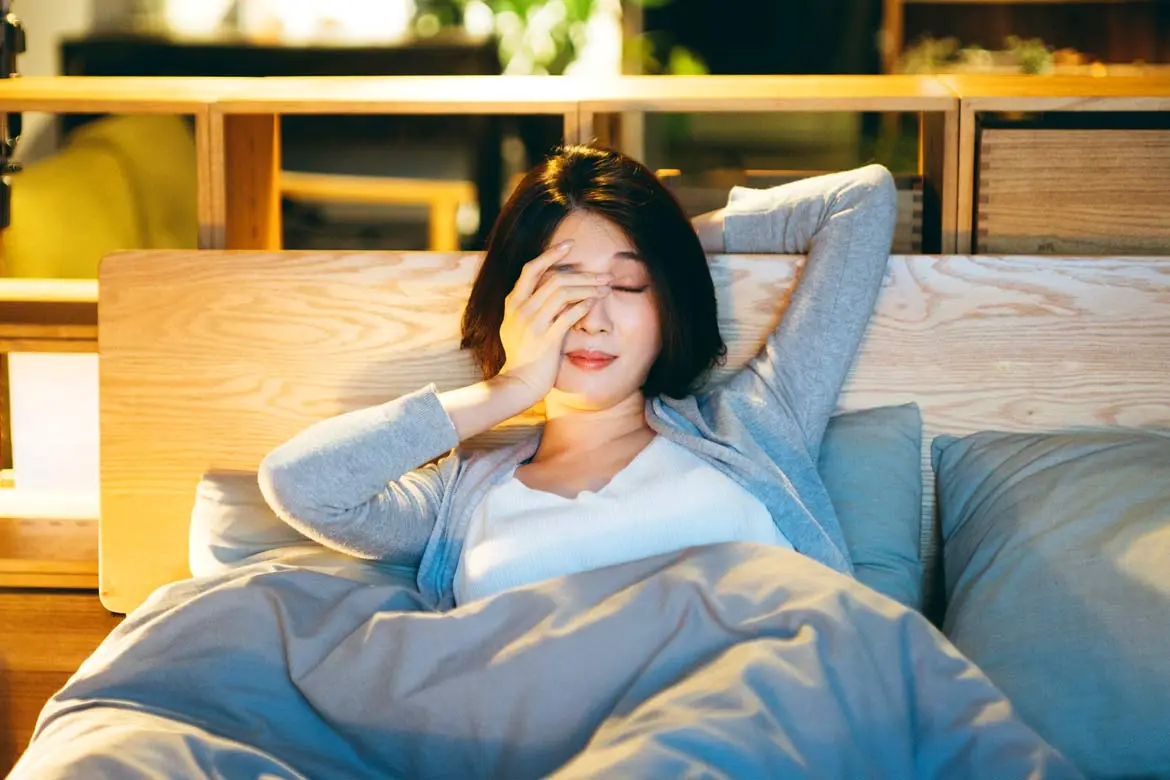How to Improve Your Sleep Hygiene

This guide is designed to guide you through the fundamentals of sleep hygiene, offering practical, evidence-based strategies to enhance the quality of your sleep and, by extension, your overall health.
1. Understanding the Science of Sleep
Sleep is a complex physiological process that plays a critical role in health. It is divided into different stages: light sleep, deep sleep, and REM (rapid eye movement) sleep. Each stage is vital for various functions such as memory consolidation, muscle repair, and emotional regulation.
To appreciate the importance of sleep hygiene, it’s crucial to understand how these stages work together. The sleep cycle repeats itself several times during the night, and disruptions at any stage can lead to poor-quality sleep. This is why maintaining good sleep hygiene practices is essential—it helps to ensure that you experience uninterrupted sleep cycles.
Recent studies suggest that sleep deprivation can lead to a host of problems, including impaired cognitive function, increased stress levels, and a weakened immune system. Source 1 Source 2. Therefore, by improving your sleep hygiene, you not only enhance your sleep quality but also safeguard your long-term health.
2. Crafting the Ideal Sleep Environment
One of the most effective ways to improve sleep hygiene is by optimizing your sleep environment. The bedroom should be a sanctuary dedicated to sleep, free from distractions and discomforts.
a. Temperature and Lighting: The room temperature should be cool, around 60-67°F (15-19°C), which has been shown to facilitate better sleep Source 3. Additionally, light plays a significant role in regulating your circadian rhythm. Exposure to natural light during the day and minimizing artificial light at night helps in maintaining a healthy sleep-wake cycle.
b. Noise and Air Quality: Noise can be a significant disruptor of sleep. Consider using earplugs or white noise machines to mask disturbing sounds. Furthermore, good air quality in the bedroom, achieved by ensuring proper ventilation and reducing allergens, can also contribute to better sleep Source 4.
c. Bedding and Comfort: Investing in a high-quality mattress and pillows is essential. Your bedding should provide adequate support and comfort to promote uninterrupted sleep. The National Sleep Foundation recommends replacing mattresses every 7-10 years to ensure optimal comfort Source 5.
3. Establishing a Consistent Sleep Routine
Routine is the backbone of good sleep hygiene. The human body thrives on consistency, and a regular sleep schedule can significantly improve your sleep quality.
a. Set a Fixed Sleep Schedule: Go to bed and wake up at the same time every day, even on weekends. This consistency reinforces your body’s natural circadian rhythm, making it easier to fall asleep and wake up naturally. Research shows that irregular sleep patterns can lead to poor sleep quality and increased fatigue during the day Source 6.
b. Create a Relaxing Pre-Sleep Routine: Engage in relaxing activities before bed to signal to your body that it’s time to wind down. Activities such as reading, meditation, or taking a warm bath can help ease the transition from wakefulness to sleep Source 7.
c. Limit Exposure to Blue Light: Electronic devices emit blue light, which can interfere with melatonin production—the hormone responsible for sleep. Limiting screen time at least an hour before bed can help your body prepare for sleep. Consider using blue light filters or wearing blue light-blocking glasses if you must use devices before bed Source 8.
4. Lifestyle Habits That Support Good Sleep
Beyond your sleep environment and routine, your daily habits play a crucial role in sleep hygiene. Simple lifestyle adjustments can have a profound impact on your ability to get restful sleep.
a. Monitor Caffeine and Alcohol Intake: Caffeine is a known stimulant, and its effects can linger for hours. It’s advisable to limit caffeine consumption in the afternoon and evening to avoid sleep disruptions. Similarly, while alcohol may initially make you feel sleepy, it can interfere with the sleep cycle, leading to fragmented sleep Source 9.
b. Stay Active: Regular physical activity can help you fall asleep faster and enjoy deeper sleep. However, intense exercise should be avoided close to bedtime as it can have the opposite effect. Aim to complete your workout at least a few hours before bed to allow your body time to wind down Source 10.
c. Manage Stress: Chronic stress is one of the most common culprits of poor sleep. Incorporating stress management techniques such as mindfulness, deep breathing exercises, or yoga can help reduce anxiety and promote better sleep.
Conclusion
Improving your sleep hygiene is an investment in your long-term health and well-being. By understanding the science of sleep, optimizing your sleep environment, establishing a consistent routine, and adopting supportive lifestyle habits, you can significantly enhance the quality of your sleep. This course has provided you with the foundational knowledge and practical strategies to take control of your sleep health. Implement these practices diligently, and you’ll be well on your way to enjoying the restorative sleep your body and mind deserve.
Sources
- Sleep and Health: Why Sleep Matters
- Health Effects of Sleep Deprivation
- Optimal Bedroom Temperature for Sleep
- Improving Indoor Air Quality
- When to Replace Your Mattress
- Effects of Irregular Sleep Patterns
- Creating a Bedtime Routine
- Impact of Blue Light on Sleep
- The Effects of Alcohol on Sleep
- Exercise and Sleep Quality


























